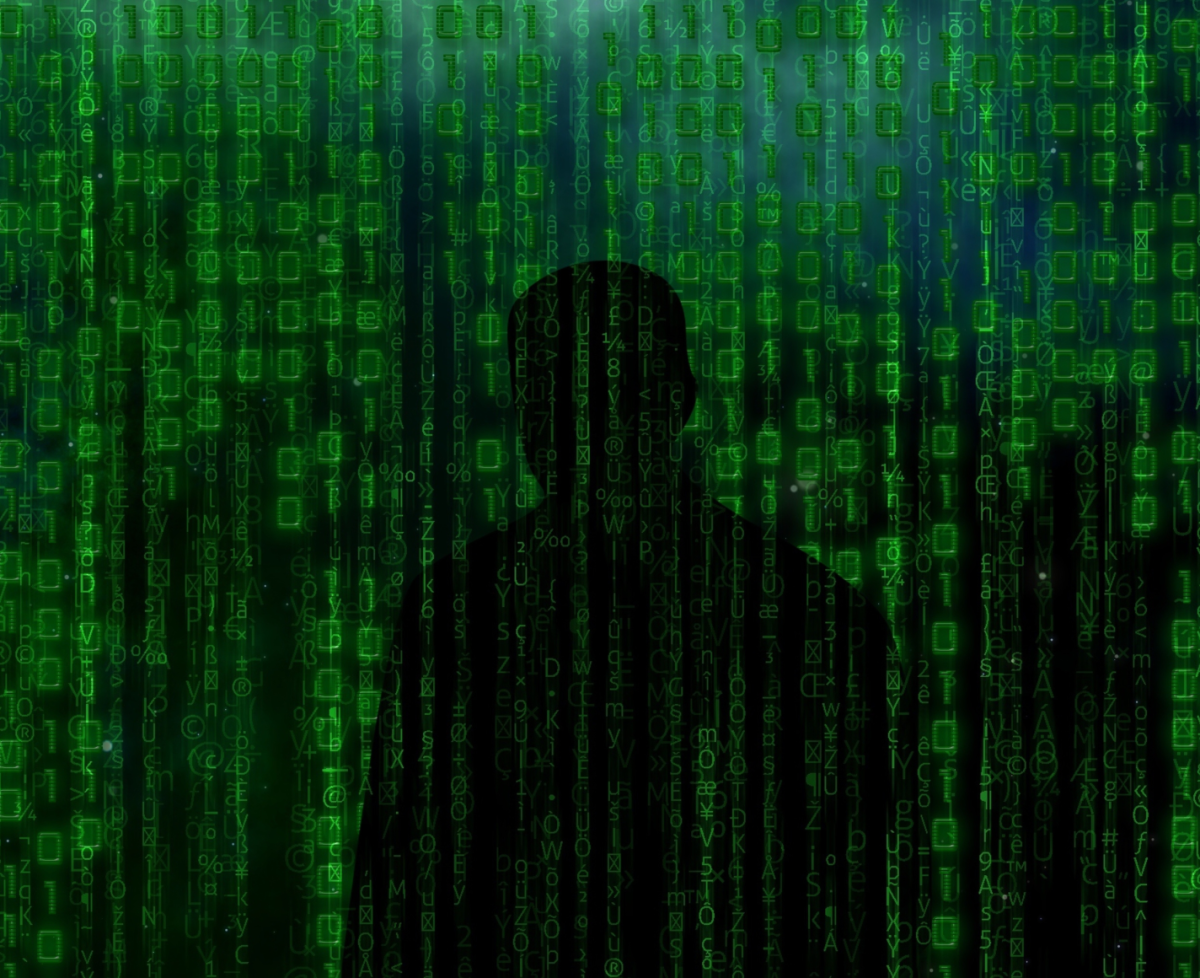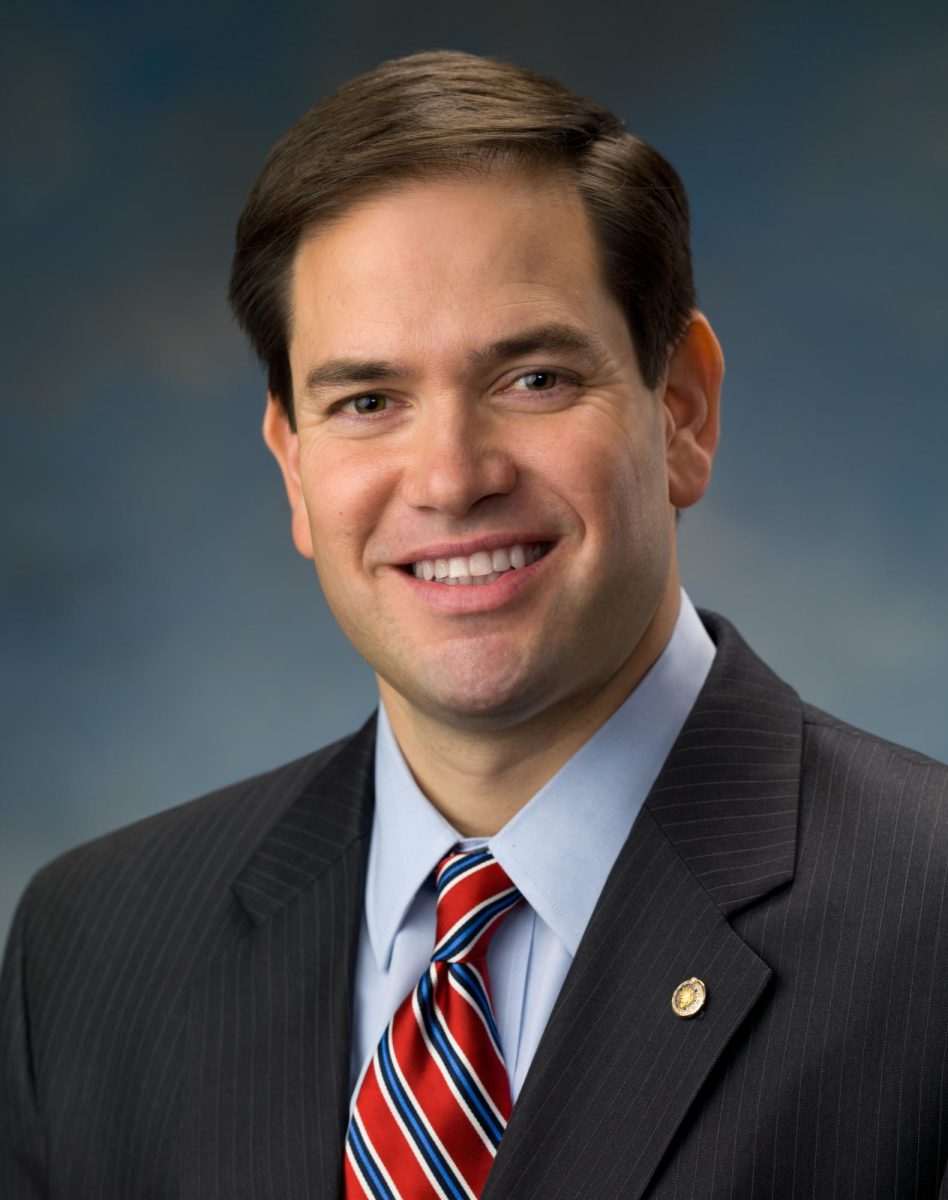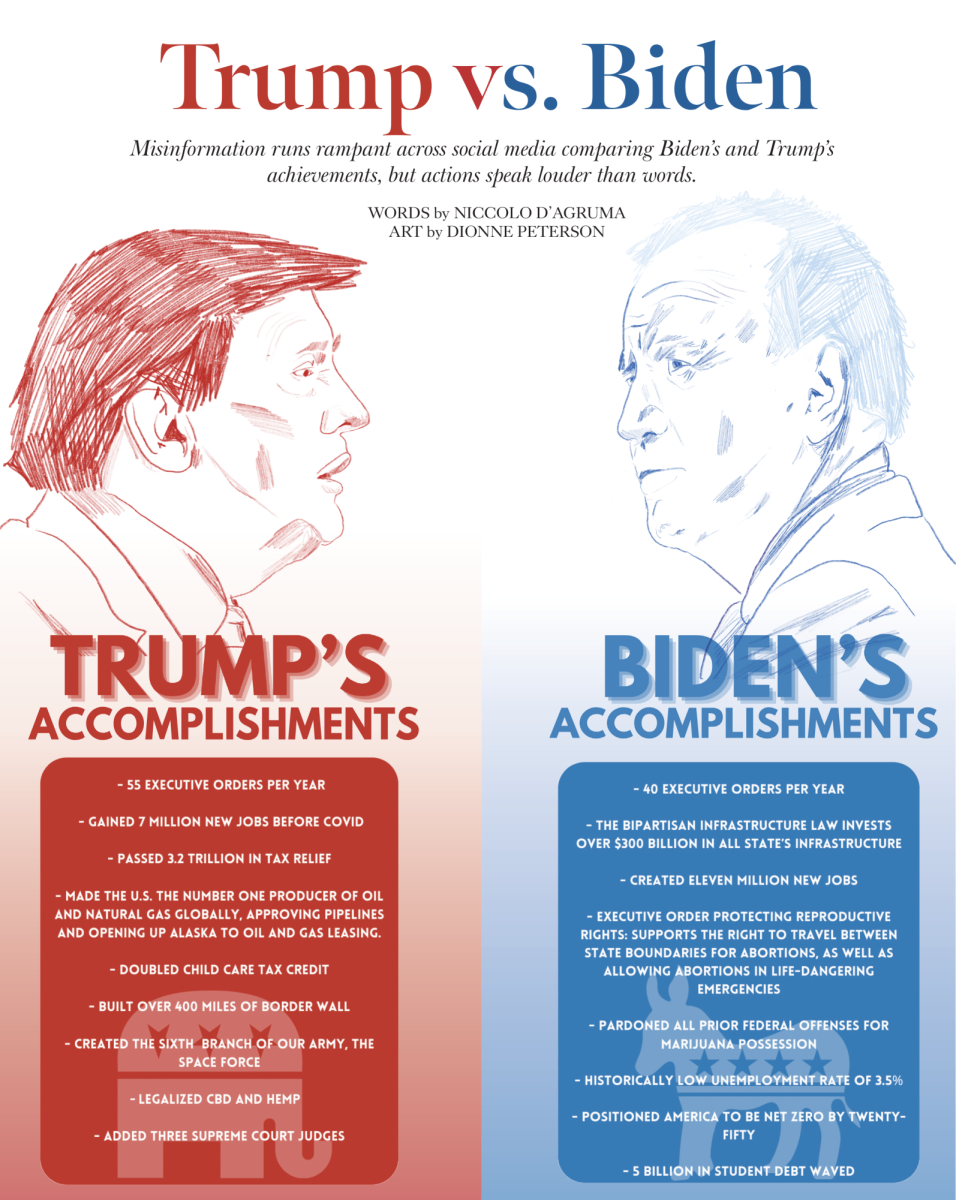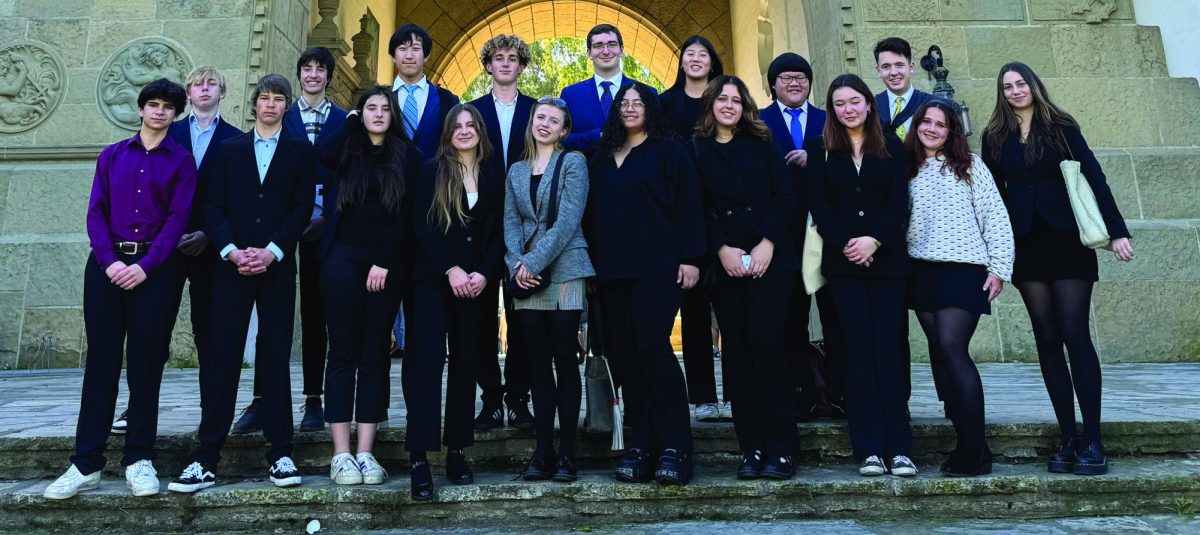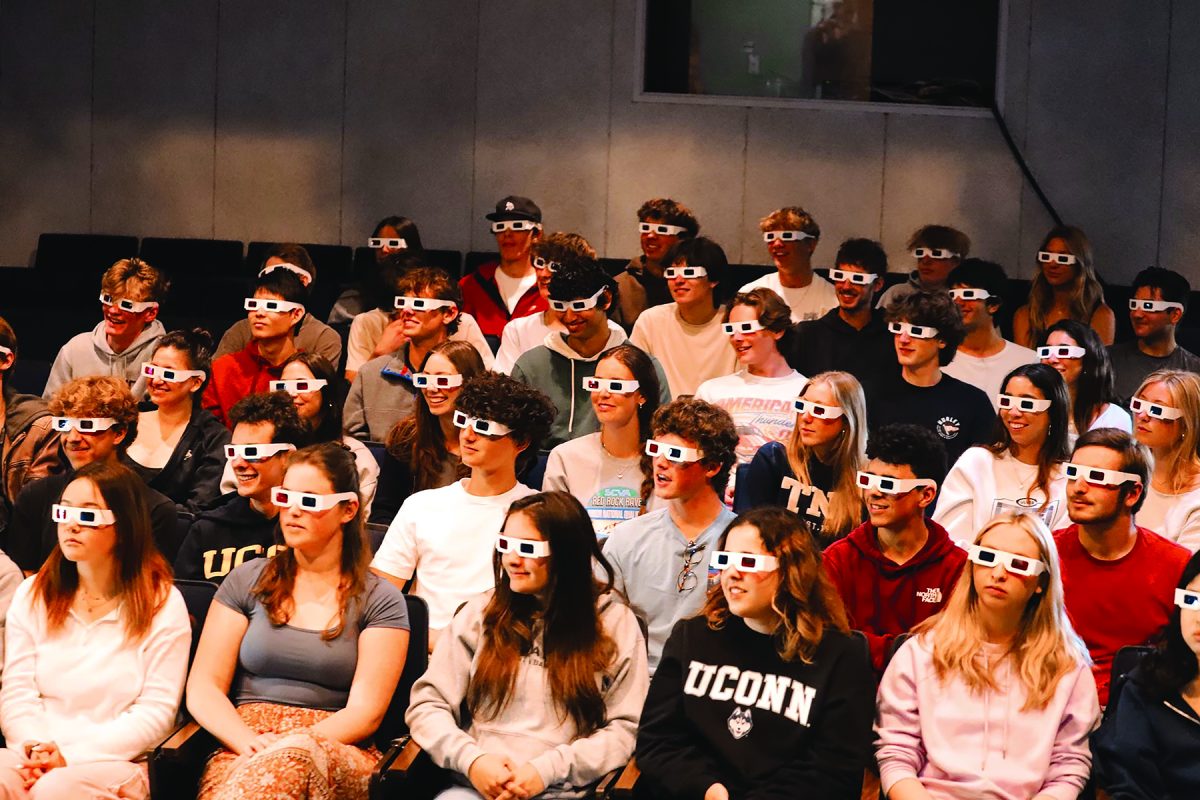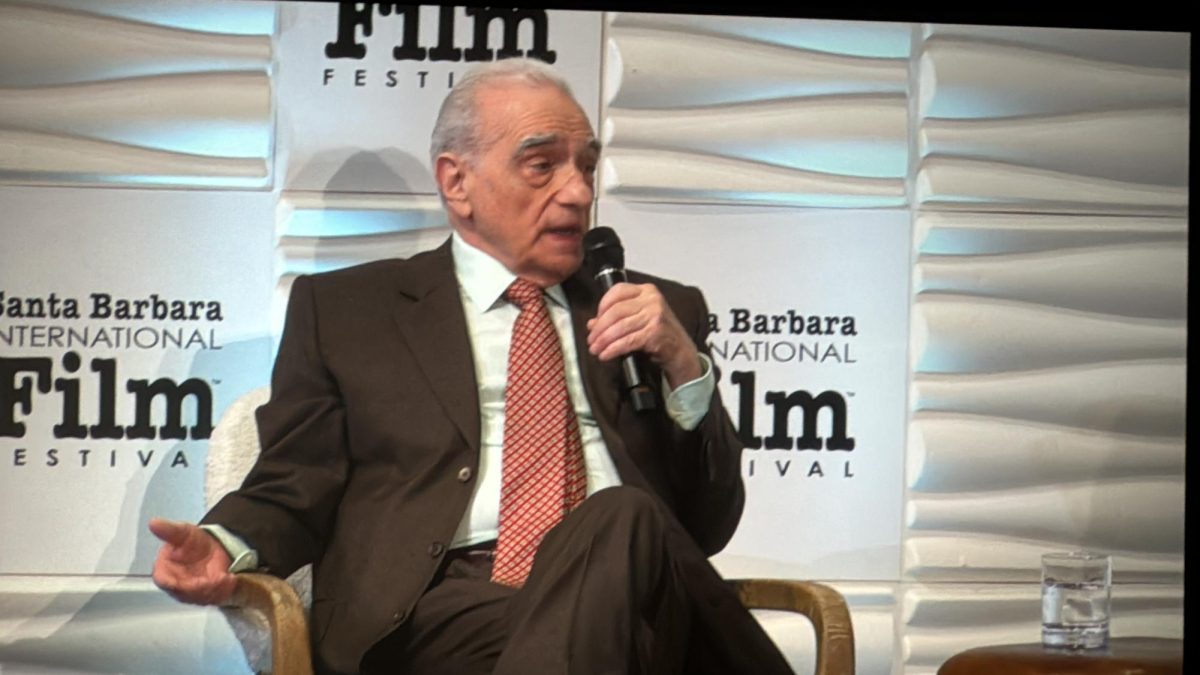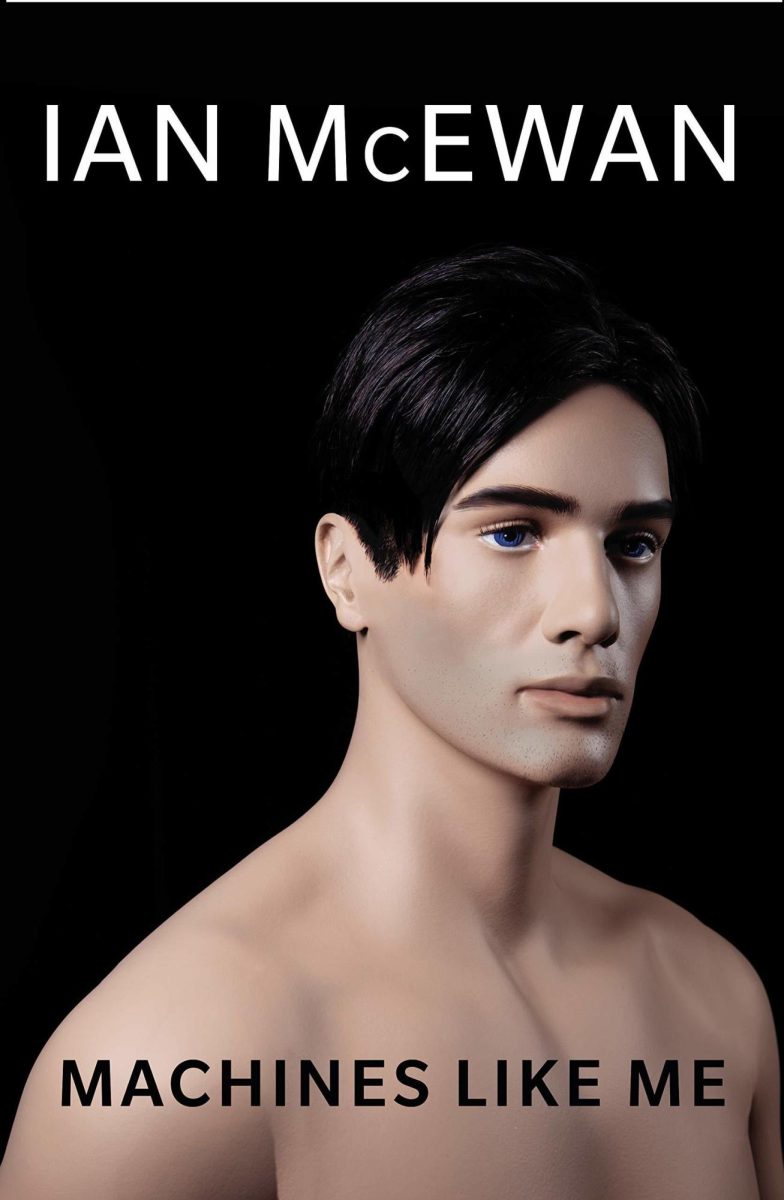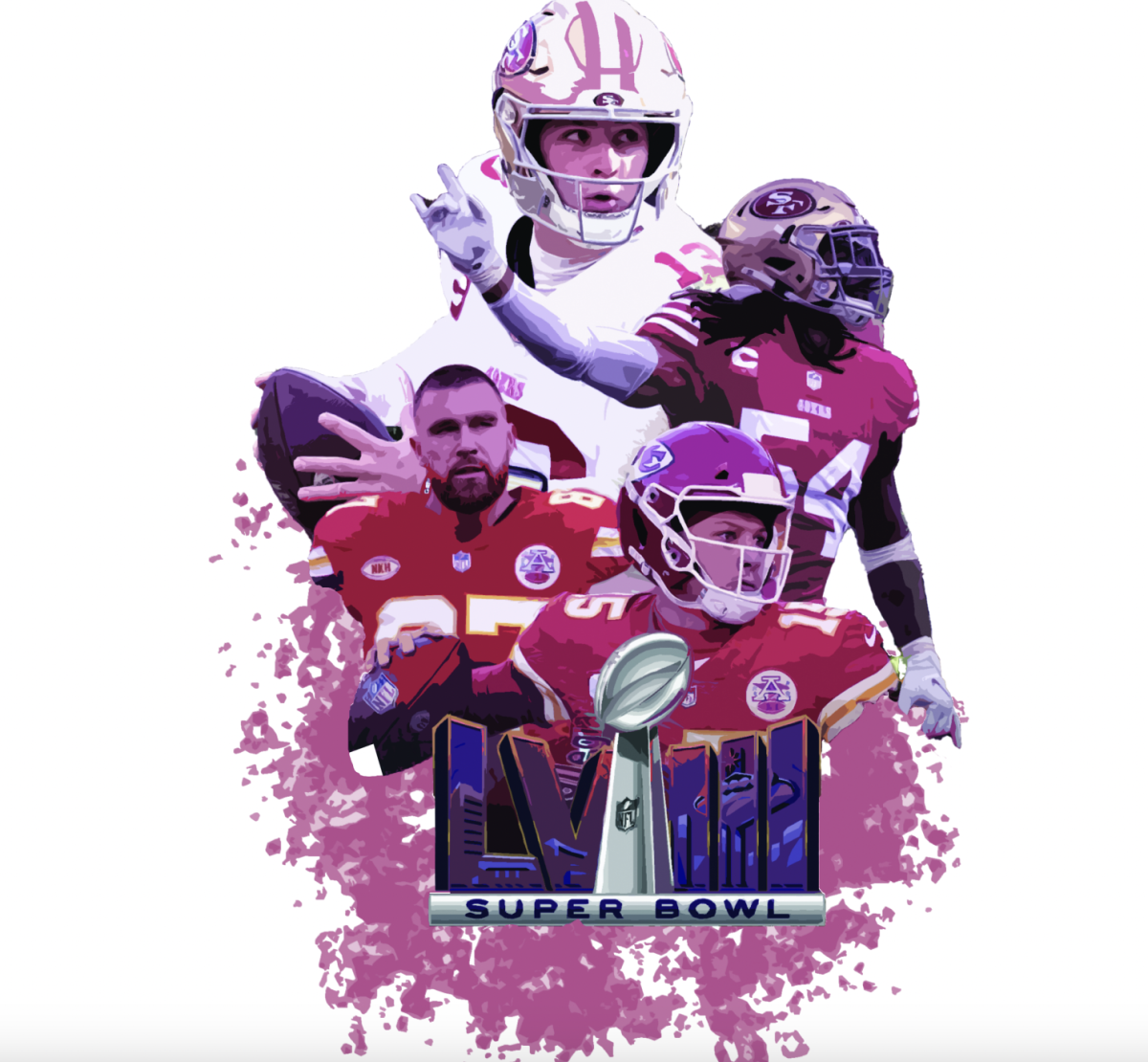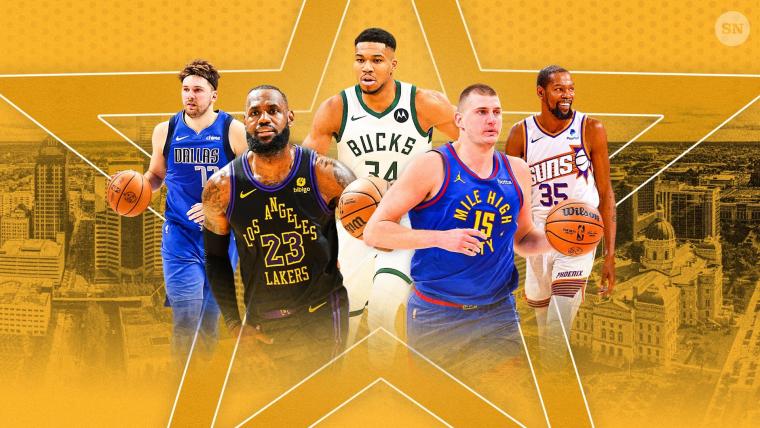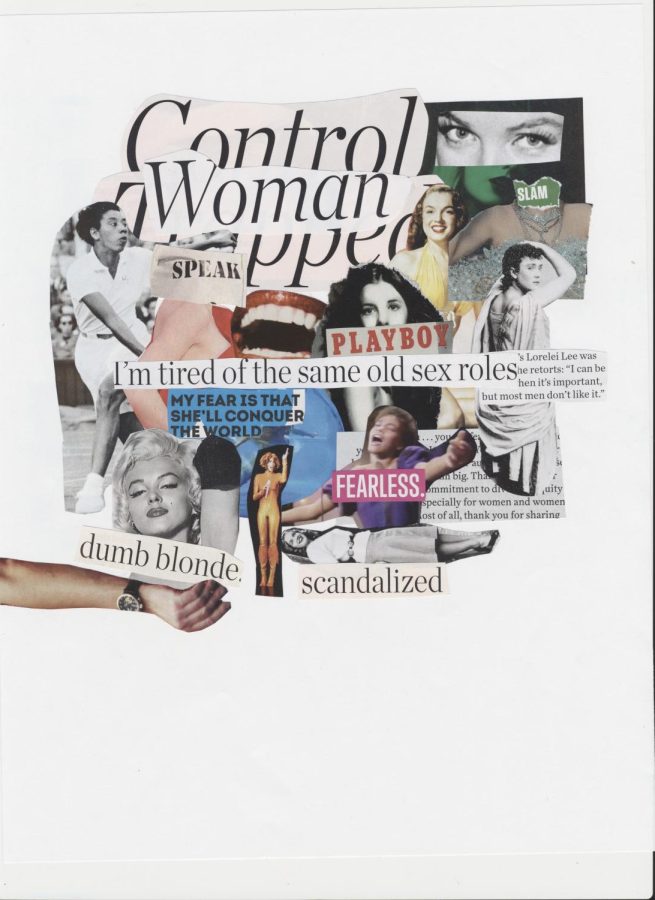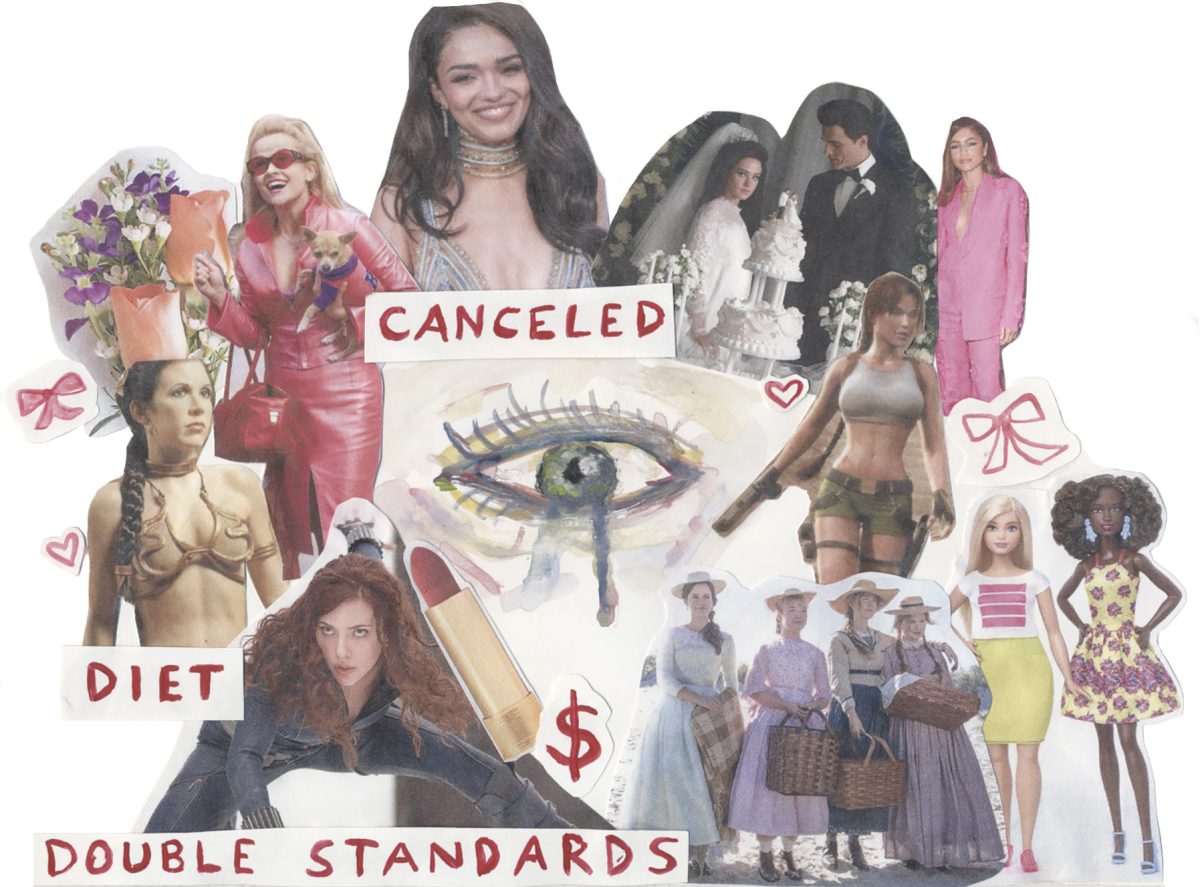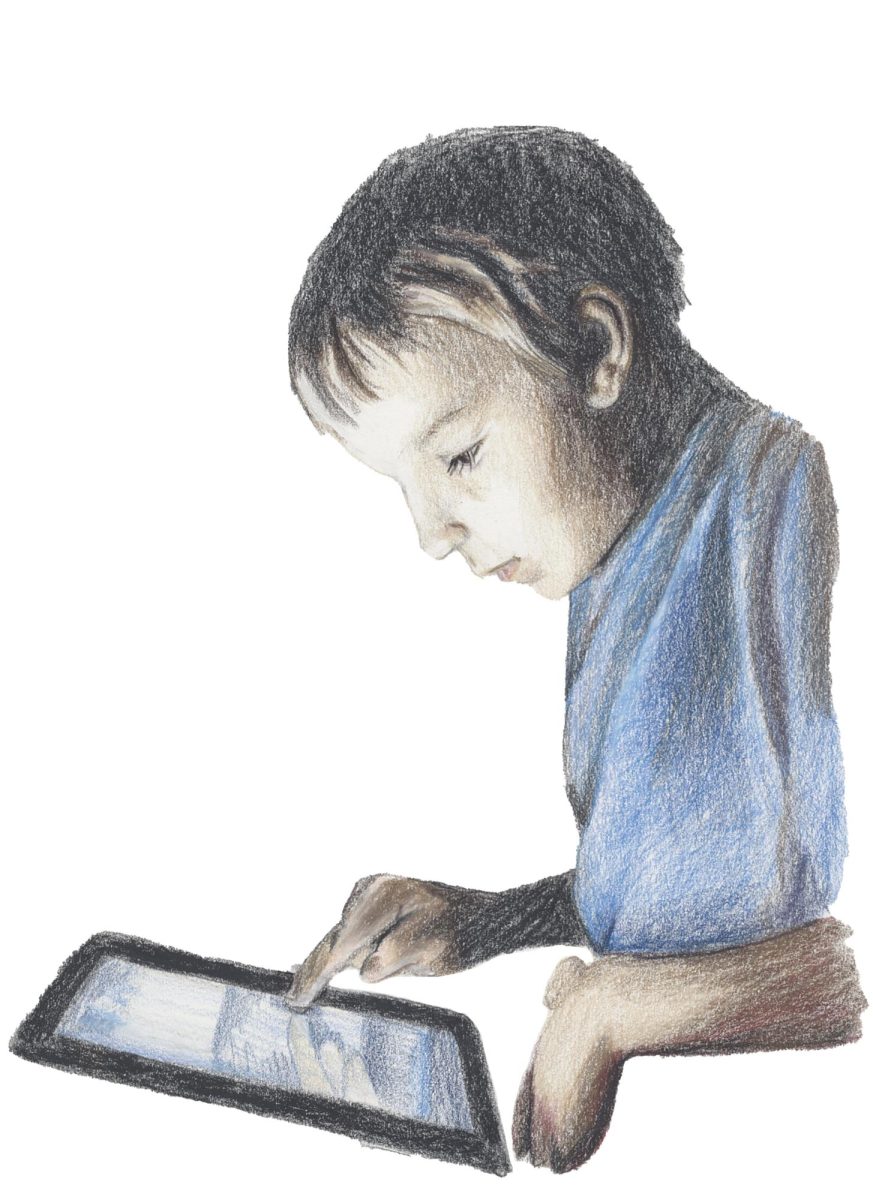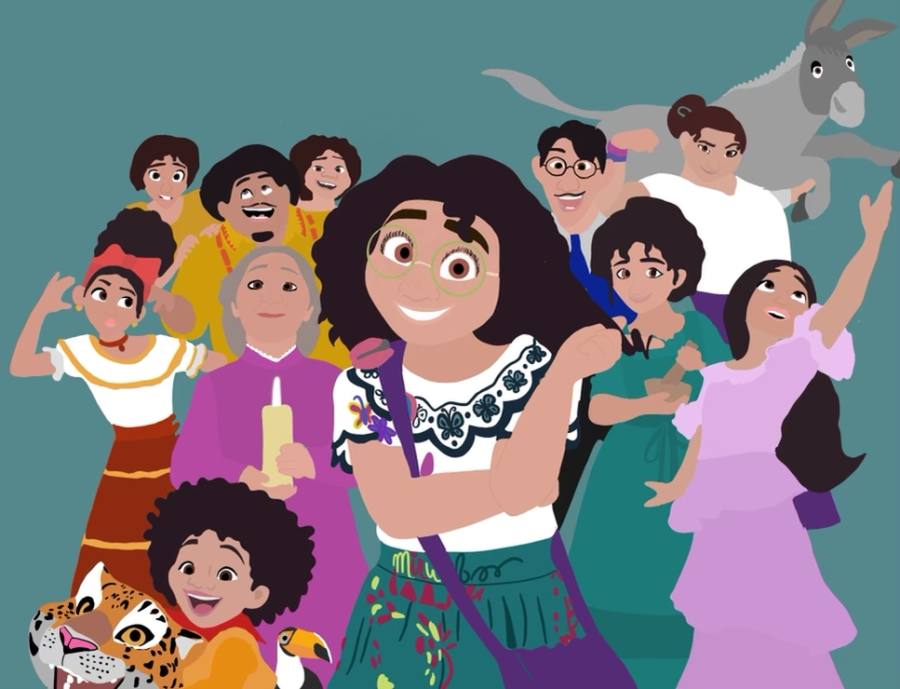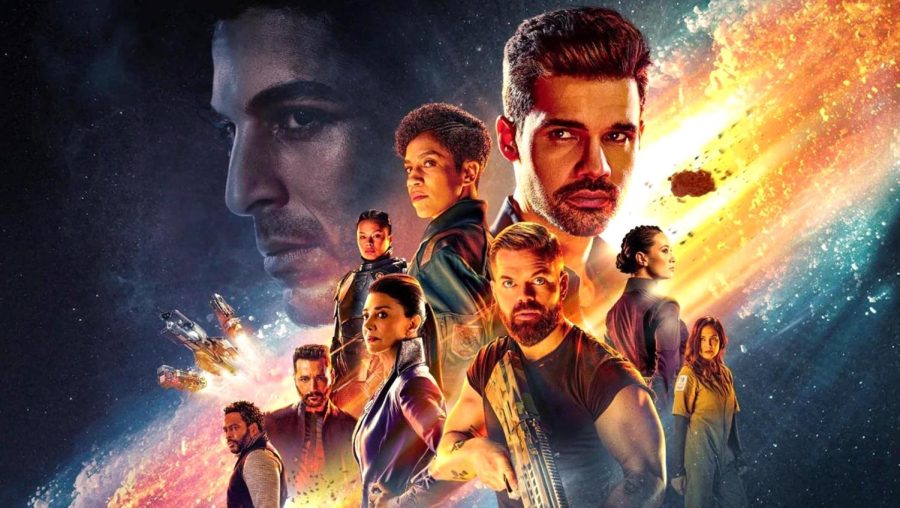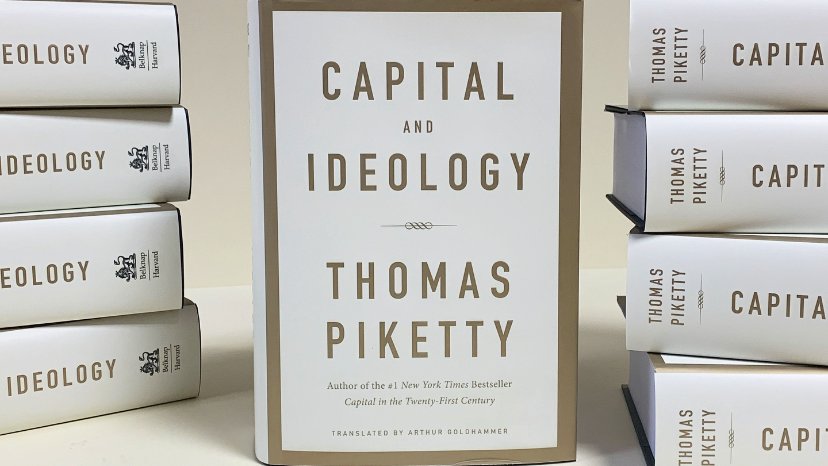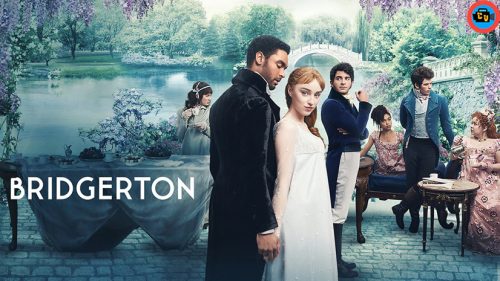Old School or Modern?
February 27, 2019
Music is influential. It influences our thoughts and views. Our beliefs and our perceptions. Rap music has been around for a while. Even though there are mixed opinions on it, rap has had a significant influence on pop culture over years and continues to have an impact on pop culture. Perhaps even more so today. Rap music was controversial 20 years ago, but due in part to the advances in technology, it has become more mainstream. Twenty years later, it has taken a huge turn. It’s natural that music would evolve along with the artists that create it, as well as the reputations of these artists. Music evolves with pop culture, and the things that we as a society find relevant. We give attention to what and who we value in society. For example, modern rapper who calls himself Tekashi 6ix9ine produces music that includes lines referencing drug abuse, gang affiliation and the objectification of women, along with references to abuse, crime, and murder. While 6ix9ine’s music is an example of modern rap that sends negatively influential messages, there also modern rappers such as Kendrick Lamar whose music projects equality, personal reflection, and encouragement to oppressed people, and people in unfortunate, and binding circumstances who may feel hopeless. Modern rap is interpreted differently depending on how a person relates to it. No matter how modern rap is interpreted today, it is inevitable that it will continue to evolve with the new generations that produce it. The music we put out, and we listen to is the same music that will be archived, and stored away as some generational milestone that is reflective on Generation Z. Time will only tell what future generations will create and what they will interpret as good music.


